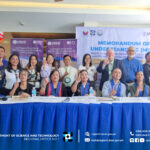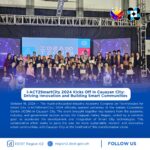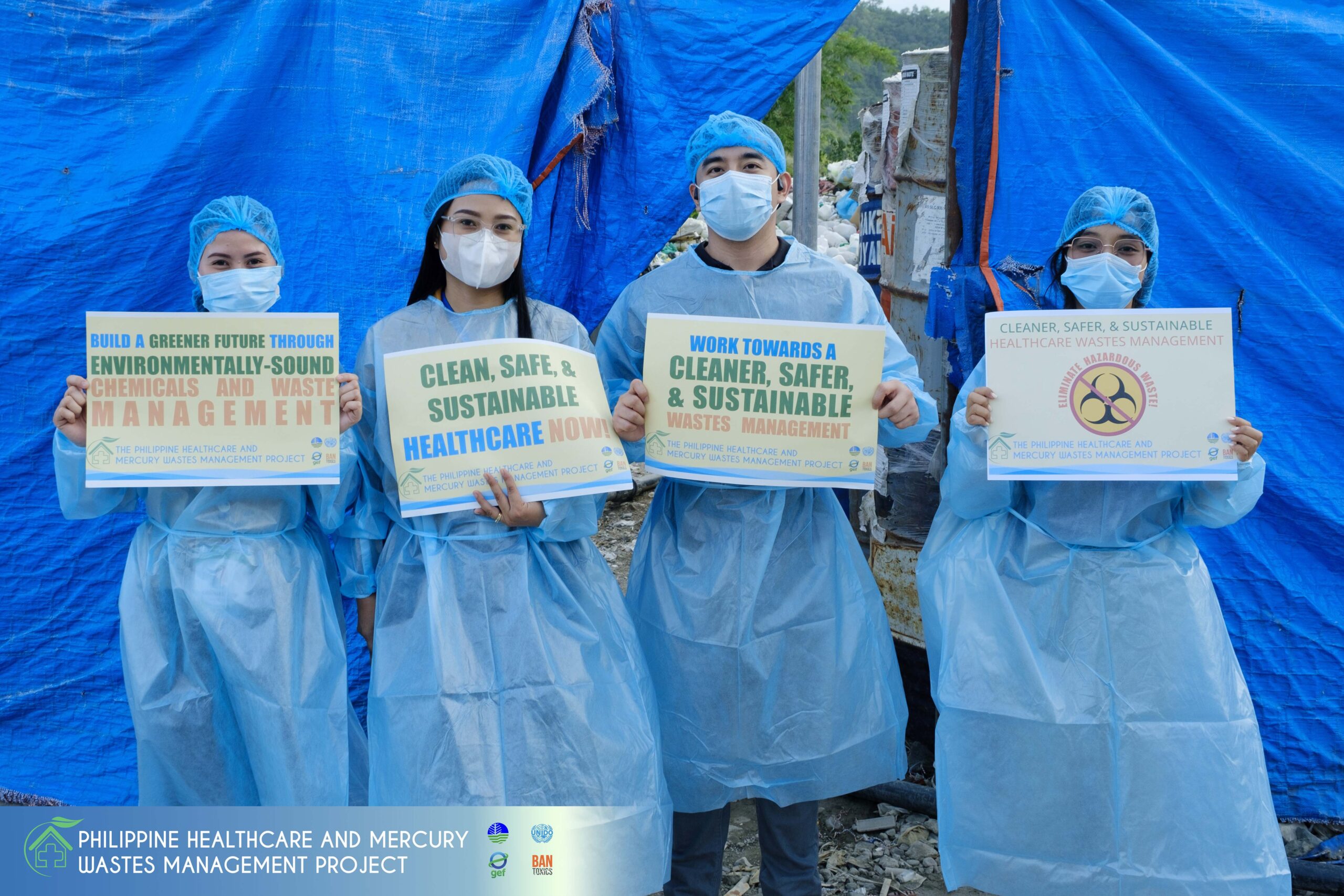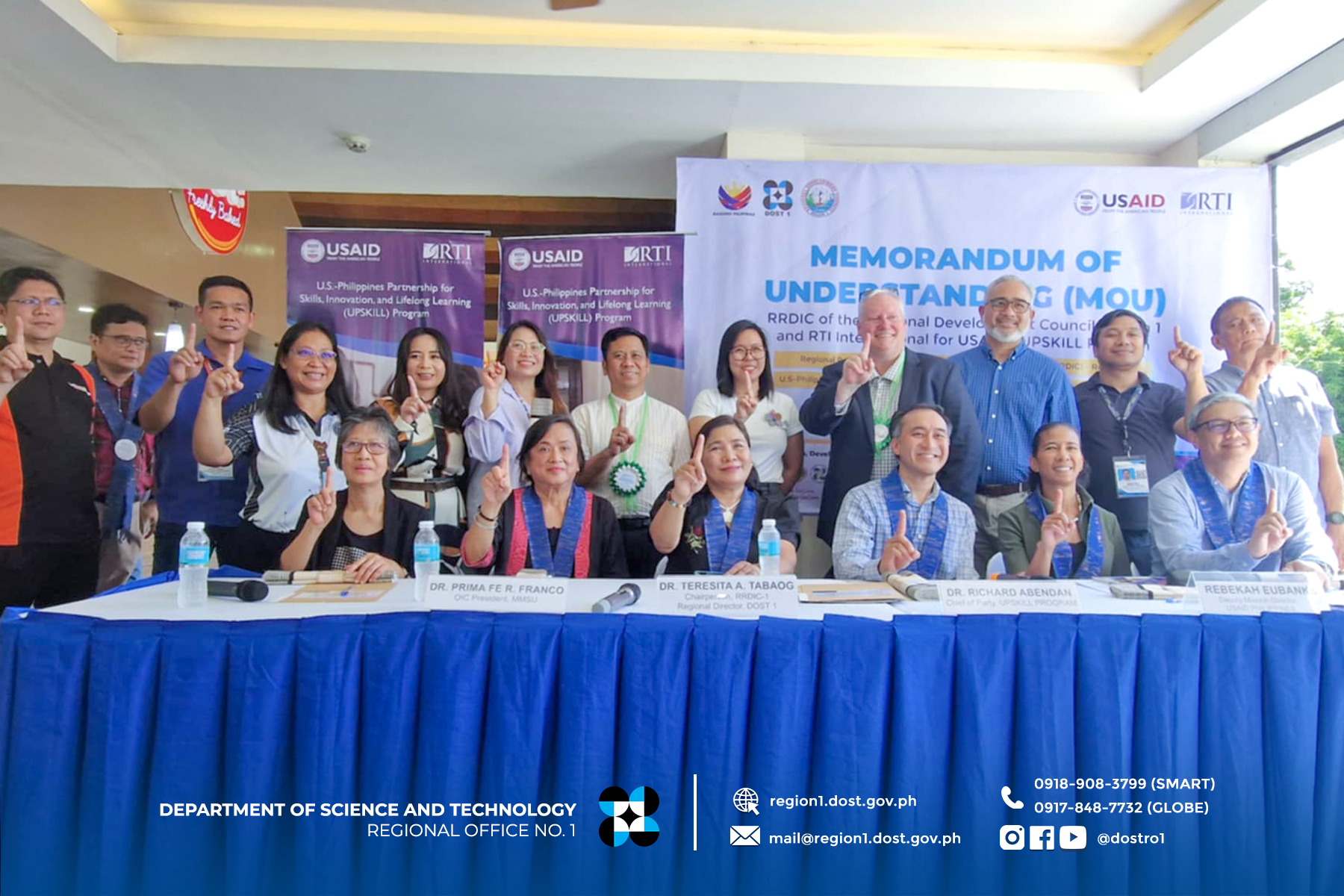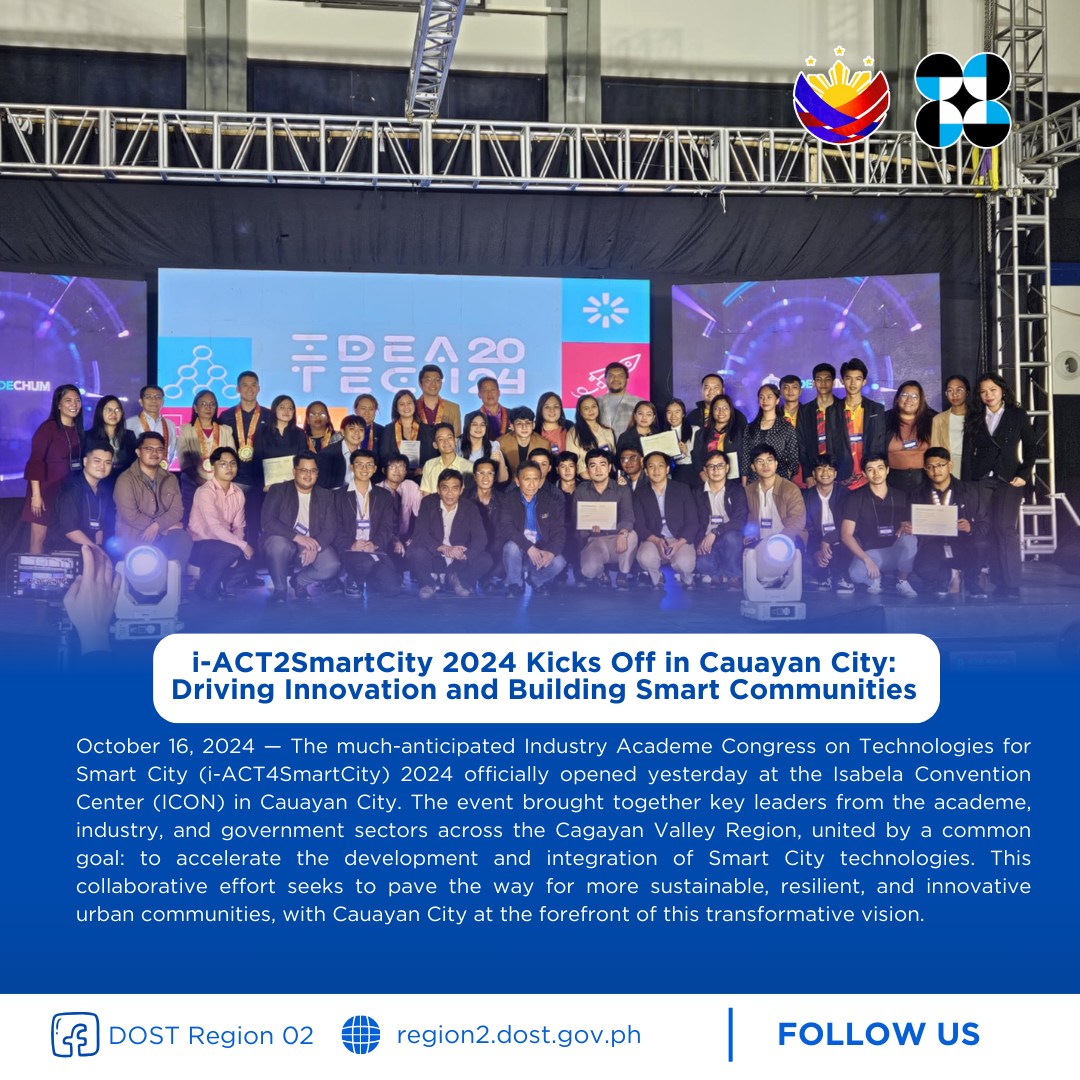Tacloban City – The Philippine Healthcare and Mercury Wastes Management Project (PHCWMP) concluded its second leg of regional inception meetings in Eastern Visayas with high hopes after identifying possible interventions to address key healthcare waste challenges at the project’s partner hospital.
The Region 8 Inception Meeting and Validation Workshop was held on May 30-31, 2024, and was attended by representatives from the pollution control unit of the partner hospital, the Eastern Visayas Medical Center (EVMC), as well as representatives from the Region 8 offices of the Department of Environment and Natural Resources – Environmental Management Bureau (DENR-EMB) and the Department of Health (DOH). The meeting was facilitated by the DENR-EMB Central Office, the project’s national lead agency, and the environmental NGO BAN Toxics, which serves as the executing entity. Also in attendance was the DENR Foreign-Assisted and Special Projects Service unit.
A visit to the waste management facilities of EVMC was conducted on May 30, while the inception proper took place on May 31.

“After a very productive discussion with our partners here in Eastern Visayas, we have identified current issues at EVMC that require attention. These include their inadequate capacity to treat and store healthcare wastes generated daily, access to final disposal of these wastes, and the need to raise awareness among both hospital staff and the patient population regarding waste segregation,” shares Jam Lorenzo, BAN Toxics’ Policy and Research Officer, and the PHCWMP project manager.
The series of regional inception meetings and validation workshops conducted by the PHCWMP aims to identify current healthcare waste challenges faced by the project’s partner healthcare facilities. These findings will serve as the basis for project interventions.
Located in Tacloban City, the EVMC is a DOH-retained hospital that provides comprehensive health care services to the people of Region 8. It is a tertiary hospital mandated under the health facilities operation program to provide quality health care services.
Based on data presented during the workshop, EVMC generated a total of 217.775 tons of pathological and infectious waste (classified as M501 waste by the EMB) and 191.345 tons of general waste in 2023. A comparison of M501 waste generated in the first quarter of 2023 and 2024 indicates more than a threefold increase. In the first quarter of 2023, 40.66 tons were generated, while in the first quarter of 2024, this figure rose to 138.27 tons.

In the open forum during the meeting, Yanina Antasuda, Environmental Management Specialist II of EMB’s Hazardous Waste Management Section, stated that based on their monitoring system, the storage and disposal of M501 is a common issue for healthcare facilities nationwide, especially during the pandemic. This was one of the main reasons the project was conceptualized.
“We want this project to be successful, and our goal is to ensure the sustainability of the programs implemented beyond the project’s five-year term. More importantly, we want our partner healthcare facilities to become models for other hospitals, enabling them to replicate the project’s best practices and technologies,” Antusada said.
Meanwhile, Ma. Elena Joy Villarosa, DOH Region 8 HCWM Program Manager, expressed gratitude for selecting EVMC as one of the partner-beneficiaries of the project. She said she is eagerly looking forward to the policy review that will be conducted by the project, noting that there might be policy gaps that need to be addressed since waste management is not just the concern of hospitals, but also of various levels of local government units.
The first year of PHCWMP’s implementation will focus on policy reviews to determine necessary improvements for easier implementation of waste management practices. It also includes baselining data to ensure a scientific approach to the interventions that will be carried out.
“It is not just EVMC and the environment that will benefit from this project, but also the communities residing near the hospital. We want everyone to become aware that healthcare waste management is not just the responsibility of government agencies; everyone should play a part,” said Villarosa.
Lorenzo on the other hand says the success of the project would mean hospitals will be able to provide better service to the public and safeguard the populace from exposure to hazardous wastes. “It ultimately protects our right to health and a safe environment,” he adds.
The PHCWMP, to be implemented in Region 2, Region 8, and the National Capital Region, plans to reduce the release and emissions of hazardous chemicals in healthcare wastes through environmentally sound practices. This five-year project is funded by the Global Environment Facility (GEF) and will be administered by the United Nations Industrial Development Organization (UNIDO).
The first inception meeting took place on May 23 in Region 2, and the third meeting for the NCR is scheduled for June 10.
#CleanerSaferSustainable #healthcarewaste #environmentallysoundwastemanagement #toxicfreefuture




